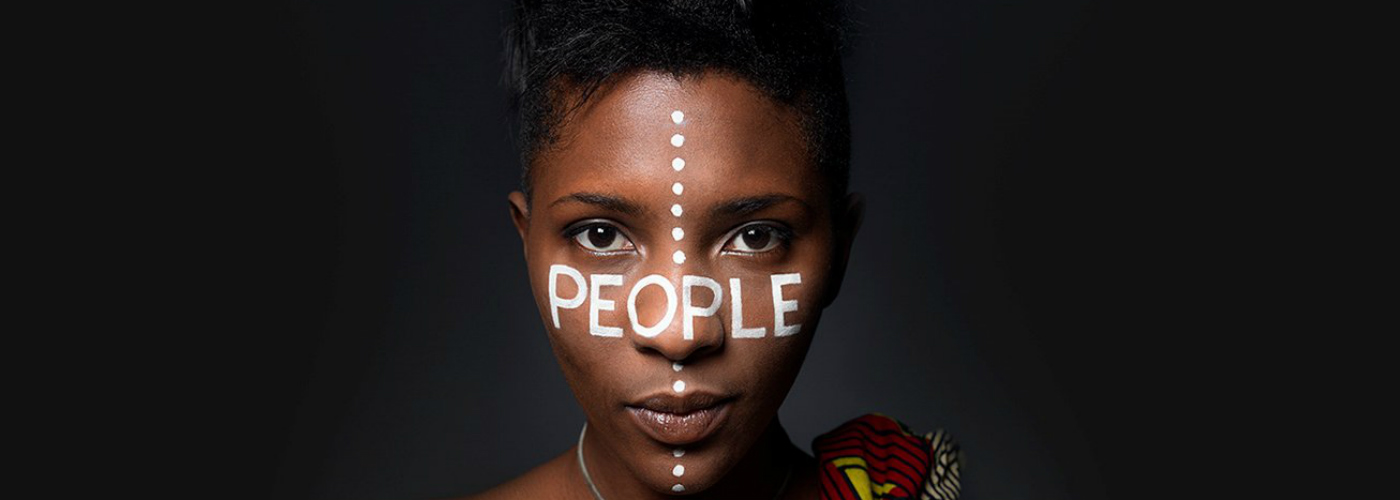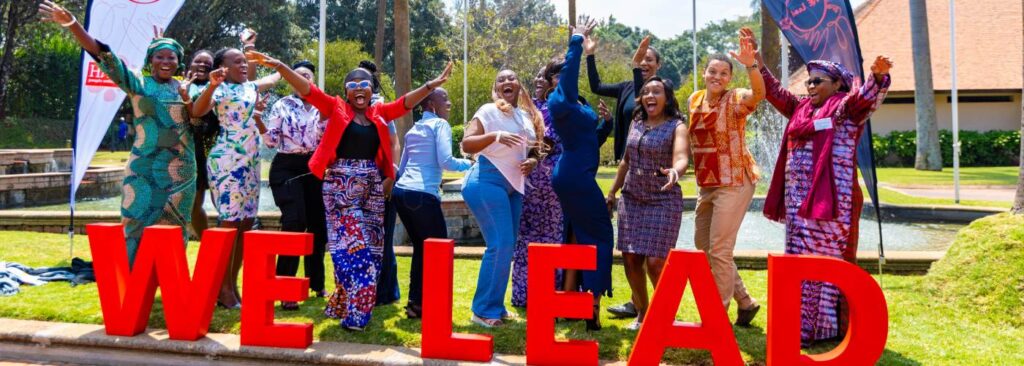By Mendi Njonjo,
Regional Director, Hivos East Africa
As the rest of the world continued with information exchanges online, a wall of silence fell on citizens of Nigeria on Friday, June 4, 2021. The federal government announced a ban on Twitter, leading to a full blackout affecting millions of users that is now entering its 7th day.
This suspension has significantly impacted the economy, with losses now estimated at N 7.5 billion (equivalent to USD 193 million).
While the government was quick to justify its action with a press release (ironically on Twitter), this is not the first time freedom of expression has been attacked. Free speech has been under siege in Nigeria for years, including threats to and mass arrests of journalists, bloggers, and media practitioners. Harsh bills to “tame” online users, such as the Cyber Crimes Act, have also been on the rise, further tightening censorship.
Looked at collectively, the Twitter ban is one of many authoritarian actions aimed at avoiding accountability. Social media has played a major role in amplifying people’s demands for government accountability. It has been a go-to platform for a majority of citizens who feel disempowered and voiceless. It has given them a voice to speak truth to power. Unfortunately for these civically engaged citizens, their voice has now been stifled even further.
But this is not surprising: authorities in many African countries have realized the massive power of social media – and are now busy trying to curtail it. An example is the Facebook ban in Uganda ahead of the national elections at the beginning of the year.
The blunt weapon of Internet shutdowns and social media bans represents a direct attack on freedom of expression and an infringement on human rights. In the digital age, these are governments’ new draconian tactics for controlling free expression under the guise of “quelling civil unrest”.
Hivos stands by our Nigerian partners, allies and friends in the Community Media Fund, Voice and the African Crossroads community, through which we push for underrepresented voices to pursue their rights online, become civically engaged, and call for open and inclusive democracies.
We wish to remind the government that the Federal Republic of Nigeria, as a member of the United Nations and the African Union, has committed to uphold critical international instruments on human rights protection and freedom of expression, such as the Universal Declaration of Human Rights.
Further, we call on the Nigerian government to reinstate its commitment to serve its citizens and stand by the values guaranteed in the Constitution and the Freedom of Information Act regarding free speech and access to information.
Lastly, Hivos will continue to add its voice joining the various groups pushing for the rescindment of this unfortunate stalemate that has denied millions of citizens a critical resource to exercise their right.




